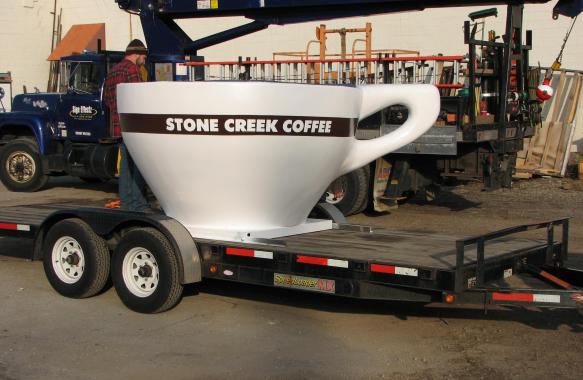And I see a lot of argument back and forth about accuracy. I'd like to point out that some of those points are actually about "precision", not "accuracy". Accuracy means hitting your target (so, if you're shooting center-mass, you hit center-mass), whereas precision is about how close together your hits are. One can theoretically be very precise without being accurate (5 shots within 1 inch of each other, but 8 inches away from the intended target, so perhaps COM shots landing just to the left of the person's side, entirely missing within a 1-inch diameter). One can also be accurate without being highly precise (5 shots in center mass, within an 8-inch diameter). The ideal is to have high accuracy and reasonable precision. Accuracy is paramount, since (by definition) low accuracy means not hitting the intended target.



